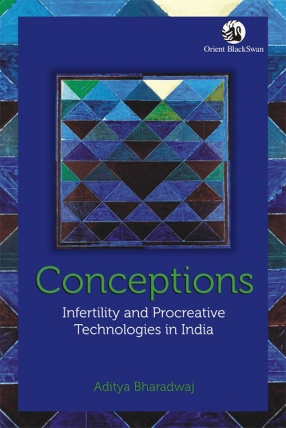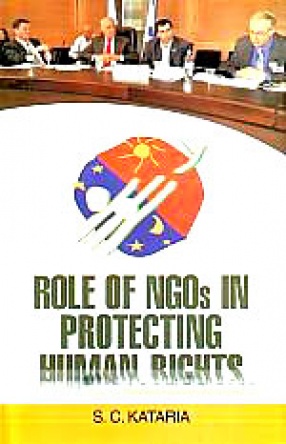Assisted reproductive technologies have become a visible part of contemporary Indian reality. Popular culture, print and electronic media, and the expansion of IVF clinics in Indian cities and towns have together normalised the idea of ‘test-tube babies’. For the first time in modern India, the traditionally stigmatised condition of infertility and its cultural and biomedical management is being vocally and publicly articulated.
Infertility and assisted reproductive technologies in India lie at the intersection of multiple cultural conceptions. These ‘conceptions’ are key to understanding the spread of reproductive technologies and the social implications of infertility and childlessness in India. This study is situated in a number of diverse locales: the political economy of health in India; biomedical politics within the private sector; emerging governance frameworks to control the application of these technologies; the mass media as a field for promoting and contesting assisted conception; traditional norms and ideas and their continued relevance in the contemporary religious domain; and the way Indian culture produces gendered suffering, stigma and the eventual engagement with conception technologies. Together, these aspects unravel the complex nature of infertility and assisted conception in contemporary India.
Conceptions will be of interest to scholars and students of anthropology, sociology, medical science and technology studies.





There are no reviews yet.